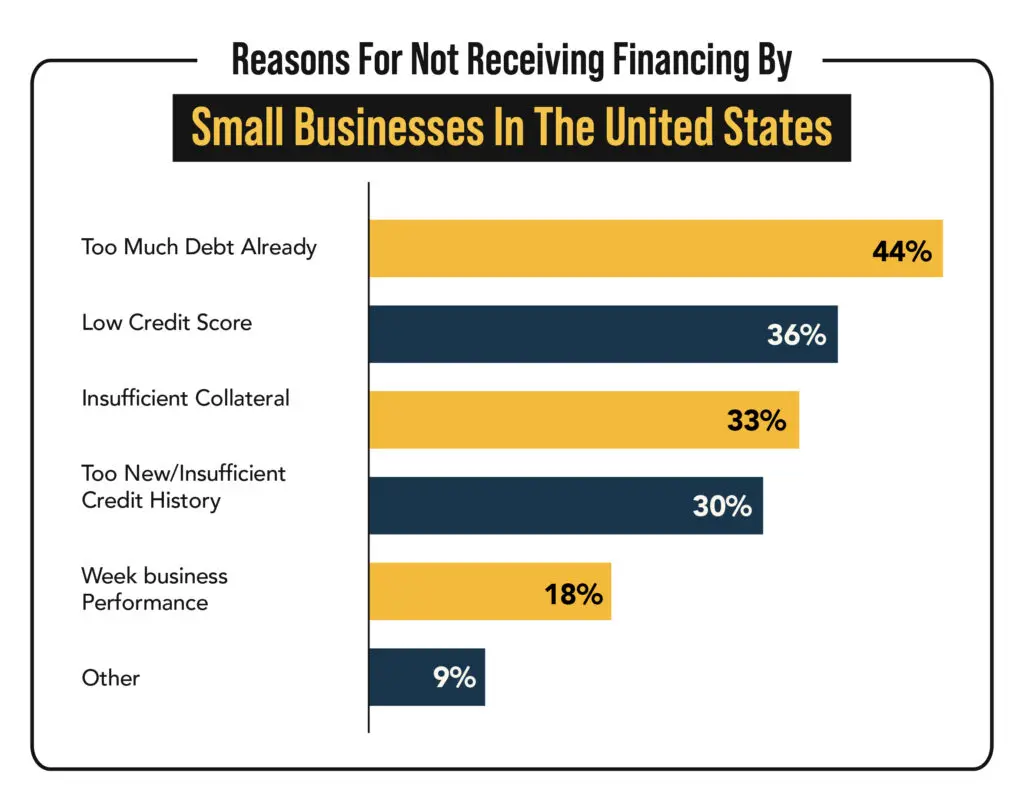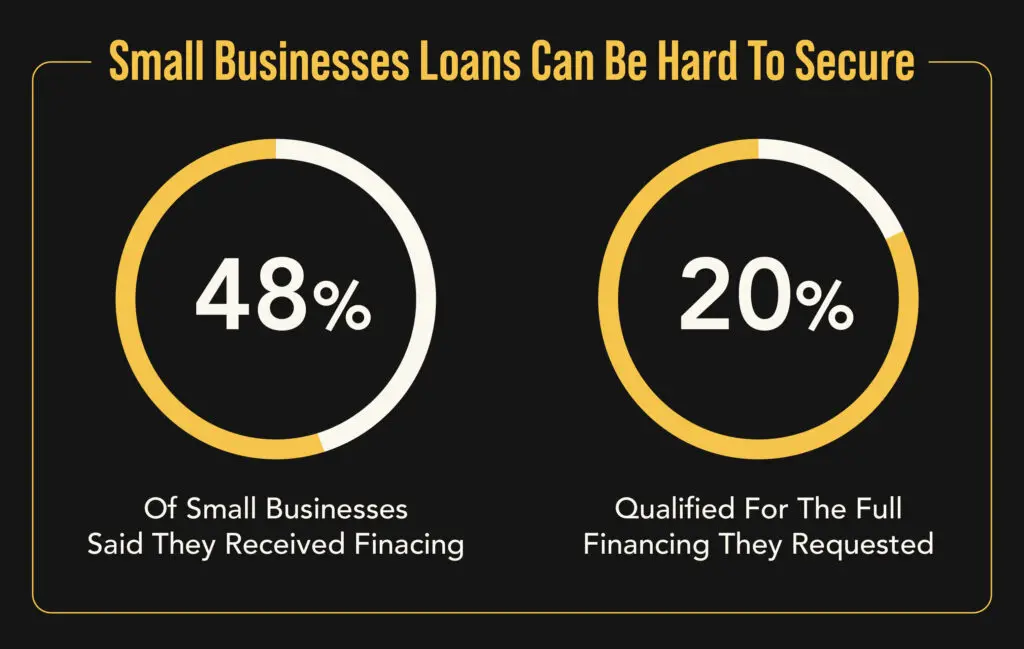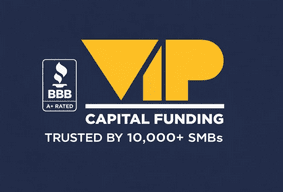In the dynamic world of small business, securing the right financing is often the key to growth and sustainability. This is especially true for businesses in the construction industry, where large upfront costs can create financial strain. This guide to small business construction loans will provide you with everything you need to know about securing the right type of financing for your construction business. From understanding the basics to navigating the application process, we’ll cover the essential details and requirements that can help you make informed decisions.
What Are Small Business Construction Loans?
Small business construction loans are specialized types of financing designed to help small businesses cover the costs associated with construction projects. These loans are typically used for building new structures, renovating existing buildings, or expanding facilities. Unlike general business loans, construction loans are disbursed in stages as the project progresses, ensuring that funds are allocated according to specific construction milestones. This makes them a practical option for businesses in need of substantial funding but without the upfront capital to support large-scale construction endeavors.
Key Features of Small Business Construction Loans
1. Disbursement in Stages:
Unlike traditional business loans, where funds are provided in a lump sum, construction loans are typically disbursed in stages or “draws.” This phased approach aligns with specific project milestones, such as site preparation, foundation laying, structural framing, and final finishing. Each draw is contingent upon a third-party inspector or lender representative verifying that the previous phase of construction has been completed to a satisfactory standard. This staged disbursement process helps manage cash flow more effectively by ensuring that funds are available precisely when needed for each phase of the project.
It also minimizes the risk of misappropriation or misuse of funds, as money is only released for completed work. This method ensures that the project stays on track and within budget, providing greater financial control for both the lender and the borrower. For construction businesses, this structured approach helps avoid the pitfalls of over-extending financially or running out of funds mid-project.

2. Short-Term Duration:
Construction loans are generally designed to be short-term, with durations typically ranging from 12 to 36 months. This shorter loan term is intentionally structured to align with the typical timeline of a construction project, which can vary based on the project’s size, complexity, and scope. The short-term nature of these loans means that borrowers do not carry long-term debt, which can help reduce financial strain and keep borrowing costs down. Once the construction is complete, many businesses refinance the short-term loan into a long-term mortgage or another type of permanent financing, which often has lower interest rates and more favorable repayment terms. This transition from short-term to long-term financing allows businesses to move from a higher-risk, high-cost construction loan to a more stable, cost-effective financial solution, thus reducing long-term debt exposure. It also incentivizes borrowers to complete projects on time and within budget, as prolonged timelines can result in higher interest payments and potential loan default risks.
3. Interest Rates and Fees:
The interest rates on small business construction loans can vary widely based on several factors, including the lender, the borrower’s creditworthiness, and the overall scope of the construction project. Typically, interest rates for construction loans are higher than those for traditional loans due to the higher risk associated with construction projects. Borrowers with strong credit profiles, a history of successful project completion, and well-documented project plans may secure lower interest rates. However, those with less favorable credit histories may face higher rates and additional fees.
It’s crucial for businesses to compare offers from various small business loan providers to find the most favorable terms. In addition to interest rates, borrowers should also be aware of other fees that may be associated with these loans, such as origination fees, inspection fees, and contingency reserves. These costs can add up and impact the overall affordability of the loan, so understanding all associated fees is essential when shopping for the right construction loan.
4. Collateral Requirements:
Given the high-risk nature of construction projects, lenders typically require collateral to secure construction loans. The building or structure being constructed is often the primary collateral. However, depending on the loan size and the borrower’s credit history, additional collateral may be required. This could include other business assets such as equipment, vehicles, or even personal assets in some cases. The requirement for collateral serves as a form of protection for the lender, providing a tangible asset that can be seized and sold if the borrower defaults on the loan.
For the borrower, putting up collateral can increase their chances of securing a loan and potentially obtaining more favorable terms. However, it also poses a risk, as the loss of collateral could significantly impact the business’s operations. Businesses should carefully evaluate their ability to meet loan obligations and consider the potential risks before committing to a loan with substantial collateral requirements. Proper planning and realistic budgeting are essential to avoid jeopardizing valuable assets while leveraging the financial benefits of a construction loan.
Common Uses of Small Business Construction Loans
Small business construction loans can be used for a variety of purposes, including:
- New Construction Projects:Funding for building new facilities or offices to expand a business’s physical footprint.
- Renovations and Expansions:Financing major renovations or expansions to existing structures, which can increase operational capacity and improve business efficiency.
- Land Purchase and Development:Acquiring land for new construction projects or expanding existing sites.
- Equipment and Machinery Installation:Funds for purchasing and installing new equipment and machinery necessary for the construction process.
Understanding the Types of Small Business Construction Loans
There are several types of construction loans available for small businesses, each catering to different needs and circumstances. Understanding the nuances of each loan type can help businesses choose the best financing solution for their specific project requirements:
1. Term Loans
Term loans are one of the most common types of construction loans available for small businesses. With a term loan, the borrower receives a lump sum of money upfront, which is then repaid over a fixed period with regular interest payments. The repayment terms for construction term loans can vary widely, typically ranging from one to seven years, depending on the lender and the project’s specifics. These loans are particularly suitable for businesses with a well-defined project timeline and a clear repayment plan. For example, a construction company planning to build a new office space with a detailed project timeline of 18 months might opt for a term loan.
The fixed repayment schedule allows the company to budget accordingly and manage cash flow effectively. Moreover, term loans often come with fixed interest rates, providing predictability in monthly payments, which is crucial for financial planning. However, businesses should be aware that failing to adhere to the repayment schedule can lead to penalties or increased interest rates, so it’s essential to have a solid repayment strategy in place from the outset.

2. Equipment Financing Loans
Equipment financing loans are designed specifically for businesses that need to purchase or lease construction equipment. This type of loan is particularly advantageous for companies that require significant capital investment in machinery, tools, or vehicles essential for construction projects. The unique aspect of equipment financing loans is that the equipment itself often serves as collateral for the loan. This arrangement can be beneficial for small businesses that may not have other assets to offer as collateral, reducing the need for additional guarantees. The terms of an equipment financing loan can vary depending on the lender, the type of equipment being purchased, and the borrower’s creditworthiness, but they typically range from three to seven years. For example, a small construction firm that needs to purchase a new backhoe or cement mixer might take out an equipment financing loan, using the equipment itself as collateral.
This type of loan allows the business to acquire the necessary equipment without depleting its cash reserves, and the regular payments can often be structured to align with the business’s revenue cycle. Furthermore, some equipment financing loans come with the option to purchase the equipment at the end of the lease term, providing businesses with flexibility in managing their assets. This type of financing is also beneficial for companies looking to upgrade outdated equipment, as it allows them to spread the cost over time rather than facing a large upfront expenditure.
3. Bridge Loans
Bridge loans are short-term financing solutions designed to “bridge” the gap between the start of a construction project and securing long-term financing. These loans are typically used when a business needs quick access to funds to begin construction but has not yet secured a long-term financing solution, such as a mortgage or a commercial loan. Bridge loans can provide the immediate capital required to kick-start a project, covering costs such as permits, materials, and initial labor. They are often structured with higher interest rates due to their short-term nature and the quick turnaround required. For instance, a construction company that has secured a contract to build a commercial property but is awaiting final approval for long-term financing might use a bridge loan to start the project immediately.
This approach allows the company to meet project deadlines and maintain client relationships while the longer-term financing is finalized. Bridge loans are generally repaid once the long-term financing is secured, and the project is underway. While they provide rapid access to funds, businesses should carefully consider the costs and risks associated with bridge loans, including the potential for higher interest rates and fees. Effective use of a bridge loan requires a solid exit strategy, such as refinancing into a longer-term loan or securing alternative financing once the project’s initial phases are complete.
How to Apply for a Small Business Construction Loan
Applying for a small business construction loan involves several steps, each designed to ensure that the borrower is prepared and the lender is confident in the project’s viability:
- Determine Your Financing Needs:Before applying, clearly define your project scope and financial requirements. This includes a detailed construction plan, cost estimates, and a timeline.
- Prepare Your Documentation:Lenders will require a range of documents, including business financial statements, tax returns, a detailed project plan, and personal financial statements from the business owners.
- Compare Lenders:Different lenders offer different terms, so it’s essential to compare small business loan providers to find the best fit for your needs. Consider factors such as interest rates, fees, repayment terms, and customer service.
- Submit Your Application:Complete the loan application, providing all necessary documentation and information. Be prepared for a thorough review process, as lenders will assess your creditworthiness and project feasibility.
- Review Loan Offers:Once your application is approved, review the loan offers carefully. Pay attention to the interest rate, repayment schedule, and any fees associated with the loan.
- Accept the Loan and Begin Your Project:After accepting a loan offer, the funds will be disbursed according to the agreed-upon schedule, allowing you to begin your construction project.
Common Requirements for Small Business Construction Loans
To qualify for a small business construction loan, businesses typically need to meet several requirements:
- Strong Credit History:Lenders prefer borrowers with a solid credit history, although some may offer easy small business loans to those with less-than-perfect credit.
- Detailed Construction Plan:A comprehensive project plan outlining the scope, costs, and timeline is essential.
- Collateral:As construction loans are considered high-risk, lenders usually require collateral to secure the loan. This could include the building being constructed or other business assets.
- Down Payment:Many lenders require a down payment, typically ranging from 10% to 30% of the total project cost.
- Experience in Construction Projects:Lenders prefer businesses with a track record of successful construction projects, as this reduces the perceived risk of the loan.
The Role of Credit in Securing a Construction Loan
Credit plays a significant role in securing a construction business loan. Lenders assess the creditworthiness of both the business and its owners to determine the risk involved in lending. A strong credit score can lead to more favorable loan terms, including lower interest rates and reduced fees. On the other hand, businesses with poor credit may face higher interest rates or be required to provide additional collateral.
Real-World Applications of Small Business Construction Loans
To understand why small business construction loans are essential, let’s explore some real-world applications:
- Retail Businesses:Retailers often need to renovate or expand their storefronts to attract more customers. A small business construction loan can provide the necessary funds to update facilities and improve customer experience.
- Construction Companies:For construction businesses, cash flow can be unpredictable due to project-based payments. Construction company loans provide the necessary capital to cover operational expenses, purchase materials, or pay employees while waiting for project payments.
- Manufacturers:Manufacturing companies may need financing to build new production facilities or upgrade existing ones. Manufacturing business loans provide the necessary funds to support these capital-intensive projects.
- Healthcare Facilities:Medical practices and healthcare providers often require financing to expand or renovate their facilities to accommodate more patients. Business loans for healthcare professionals offer the necessary funds for these specialized projects.
Tips for Choosing the Right Construction Loan
When selecting a construction loan, consider the following tips:
- Evaluate Your Needs:Determine the specific needs of your construction project, including the total cost, timeline, and potential risks.
- Compare Loan Options:Look for loans that offer favorable terms and conditions. Consider factors such as interest rates, fees, repayment schedules, and flexibility.
- Check the Lender’s Reputation:Choose a lender with a solid reputation for reliability and customer service. Online reviews and testimonials can provide valuable insights.
- Understand the Loan Terms:Make sure you understand the loan terms and conditions, including any penalties for early repayment or default.
- Seek Professional Advice:Consult with a financial advisor or loan officer to better understand your options and make informed decisions.
Common Pitfalls to Avoid When Applying for a Construction Loan
When applying for a construction loan, it’s important to avoid common pitfalls that could jeopardize your chances of approval:
- Incomplete Documentation:Ensure that all required documents are prepared and submitted in a timely manner. Incomplete applications can lead to delays or denials.
- Underestimating Project Costs:Accurately estimate the total cost of your construction project, including materials, labor, permits, and unexpected expenses.
- Not Shopping Around:Don’t settle for the first loan offer you receive. Compare multiple offers to find the best terms and conditions.
- Ignoring Loan Terms:Carefully review the loan terms and conditions to ensure that they align with your business needs and capabilities.
- Failing to Plan for Repayment:Develop a realistic repayment plan based on your projected cash flow and revenue. Failing to plan for repayment can lead to financial difficulties and default.
Start The Construction Process
Ready to take your construction business to new heights? Explore the best financing options with VIP Capital Funding’s comprehensive options for small business construction loans. Apply today and secure the funding you need to make your construction projects a success!



